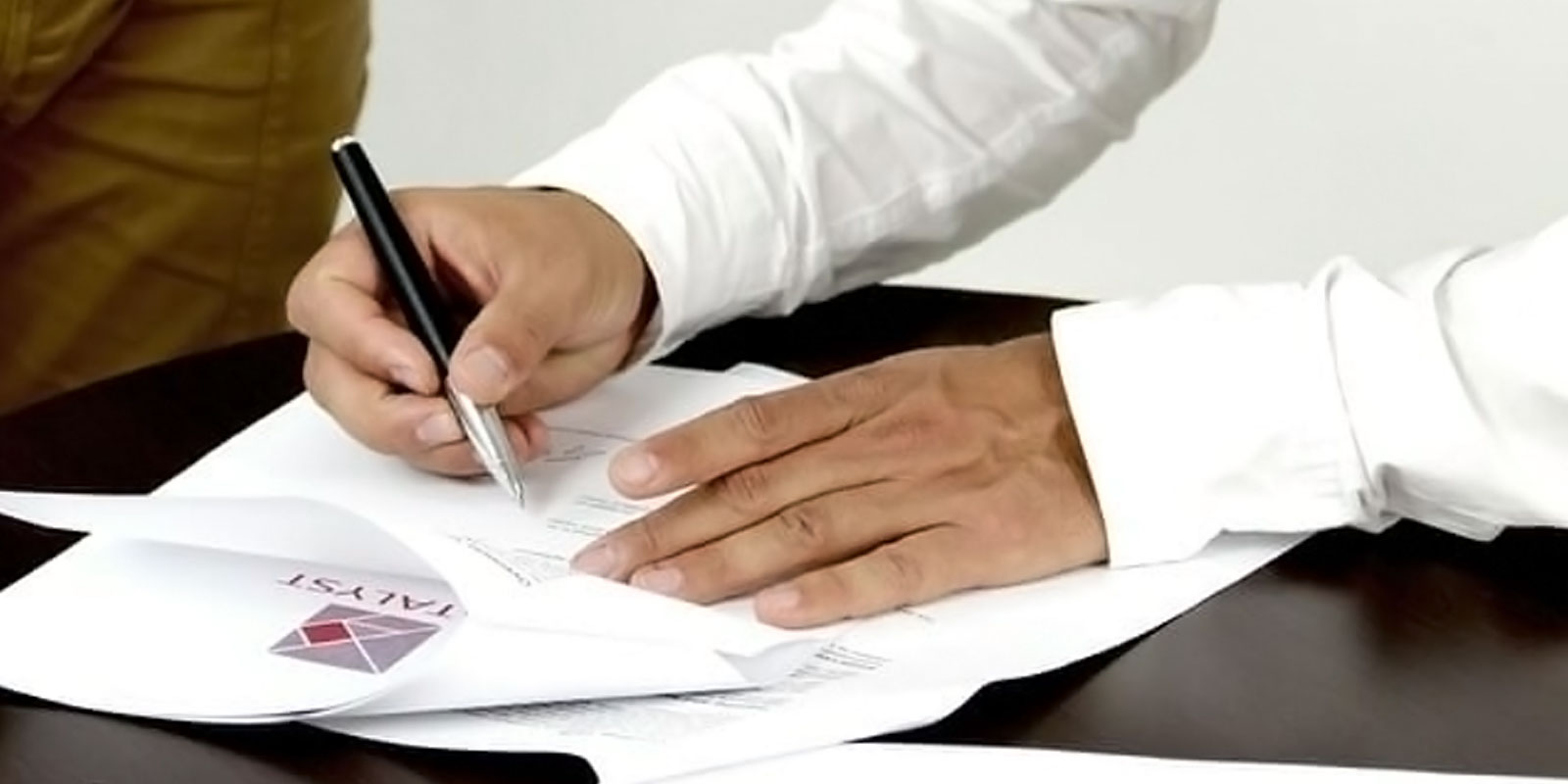As parents, we spend months researching and comparing the best car seat for our most precious cargo. However, one thing we hardly consider is how safe is the vehicle we will put the car seat in. In many cases, people who are expecting a child will consider upgrading to a larger sized vehicle. But a vehicle’s size alone doesn’t mean that it is car seat friendly, or even the safest vehicle on the road. Many popular SUVs fail crash tests because of serious structure concerns or ineffective airbags. A car seat friendly vehicle will combine both:
- Safety. Safety is defined as vehicles that will keep passengers safe and is equipped with technology to avoid crashes.
- Versatility. Allows seating rearrangement and can allow two or more car seats to fit comfortably.
Vehicle Safety
The Insurance Institute for Highway Safety (IIHS) rates the safest vehicles on the road. The highest ratings are Top Safety Pick (TSP) and Top Safety Pick+ (TSP+). To earn IIHS’ top ratings, vehicles must pass rigorous crash tests and safety evaluation. These tests involve both frontal and side-impact crashes.
In recent years, the IIHS has required vehicles to come equipped with technology to prevent a frontal crash to earn a TSP or TSP+ rating. Also, the quality of headlights was added as a new requirement for 2018 or newer models.
What Makes a Vehicle Safe?
When shopping for a safer vehicle, there are several considerations a buyer should make. For example, vehicle size and weight matter. Because there is less structure to absorb a crash, smaller, lighter vehicles offer less protection than their larger counterparts. As a result, people in smaller vehicles experience extremely high crash forces when in an accident. When choosing a safer vehicle to hold your family, it might be best to skip the very small cars.
In addition to size and weight, when shopping for a car seat friendly vehicle, buyers looking for safety need to consider a vehicle’s crashworthiness. A crashworthy design reduces the risk of both injuries and death. Good structure means:
- Strong occupant compartment
- Crumple zones to absorb the force of a serious crash
- Side structure engineered to manage the force of a side crash
- A strong roof to avoid roof crush in a rollover
- Safety belts that keep people in their seats and spread crash forces across stronger bones in the upper body
- Airbags to prevent passengers from hitting surfaces in the vehicle or outside of it
Vehicle Versatility turns a safe vehicle into a car seat friendly vehicle
If you plan on expanding your family or plan to have children over for playdates, then upon finding a safe vehicle that meets your criteria, you need to ensure that the vehicle is versatile. A car seat friendly vehicle will be able to fit two car seat side by side or fit three across. For a vehicle to meet versatile criteria, it must have the following:
- Comfortably fit any combination of two to three car seats, booster seats or an adult.
- Each seat has its own restraint system.
- Center is wide enough for a narrow booster seat.
- Center seat has a head restraint. Both children in backless booster seats and adults need a head restraint to prevent head, neck and back injuries.
- Lower anchors are at least 15 inches apart. The farther apart lower anchors are, the wider the center seat is.
The Importance of Checking for Vehicle Safety Recall
In addition to safety and versatility, a car seat friendly vehicle will have no defective auto parts.
In many cases, it can be hard to determine if a vehicle has a recall, considering recalls aren’t issued until a product defect is discovered. The most common recall type is a safety recall. These types of recalls typically occur when a life-threatening defect exists because of the auto manufacturer or supplier oversight. Safety recalls are typically initiated when the manufacturer, supplier or the National Highway Traffic Safety Administration (NHTSA) determines a safety-related issue exists.
A recall notice does not mean an entire vehicle is defective. Regardless, vehicle owners should get their vehicles repaired as soon as possible.
The NHTSA has the latest recall information on vehicles, car seats, tires, and equipment.
No matter if you are buying a new or used vehicle, it is always best to check the NHTSA’s website for recalls. Many people think they will be OK simply ignoring recalls. However, that is never the case. In many cases, taking your vehicle to get a recall repaired can save a life and prevent injuries.
The Carlson Law Firm Can Help
As parents, we do our best to keep our children safe. However, through the negligence of others, sometimes, even the safest vehicles can lead to injuries. These injuries may occur from a crash or a defective car seat or auto product.
We are a client first firm. From the very moment you contact us, we will show you that you made the right choice. Our team can provide you with the answers you need if you’re wondering if a defective product or a car accident lawsuit is the right choice for you. We will work tirelessly on your behalf to achieve a resolution that can allow you or your family member to recover from your injuries fully.
We serve clients nationwide. Contact the Carlson Law Firm to schedule a free, no-obligation consultation.
Find a Carlson Law Firm office near me.





